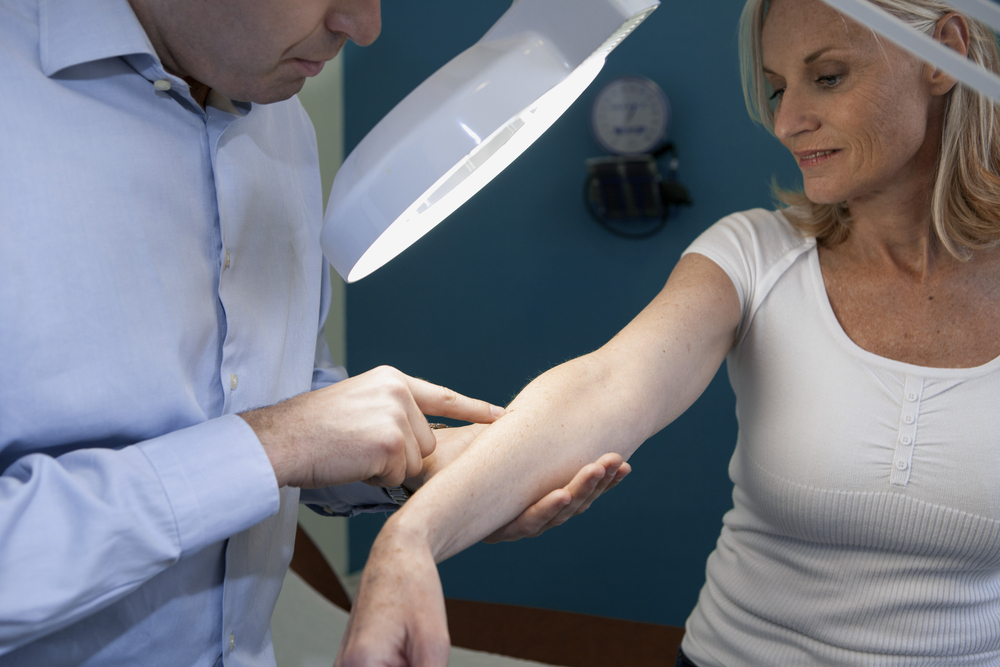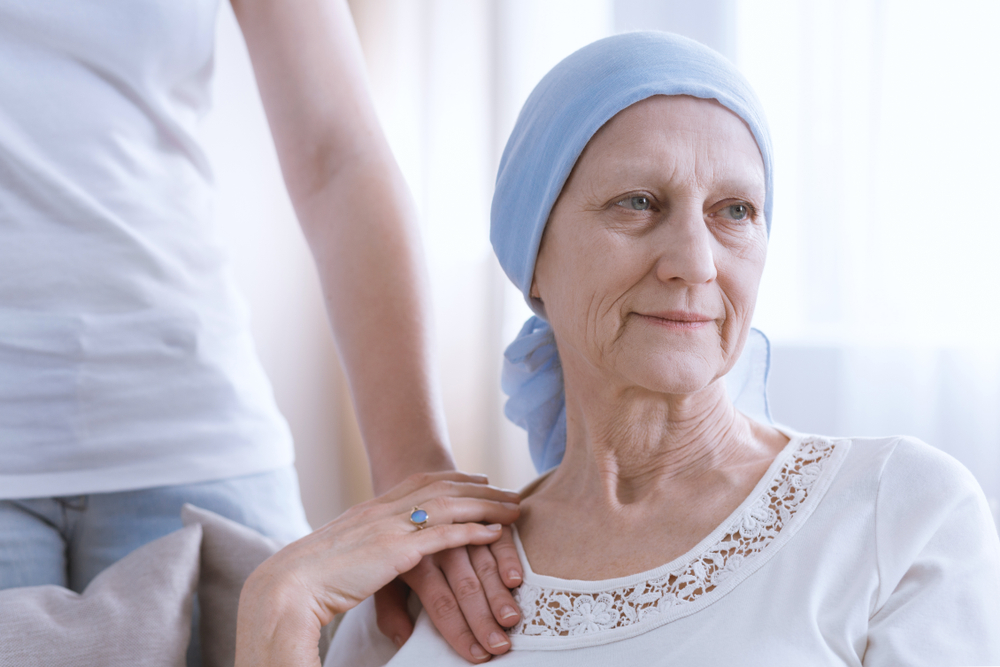Lymphoma in Elderly Adults
Category:

Lymphoma is a type of blood cancer that affects the lymphatic system. The lymphatic system is part of the immune system and includes lymph nodes that are found in the abdomen, groin, pelvis, chest, underarms, and neck. Lymphoma is the eighth most common cancer.
Lymphoma in elderly adults is unfortunately very common. Over half the cases of lymphoma occur in adults over the age of 65. The two main types of lymphoma in seniors are Hodgkin lymphoma and non-Hodgkin lymphoma. Each type develops from different types of lymphocytes, a type of immune system white blood cell.
In addition to age, some other risk factors for lymphoma include a weakened immune system, some infections, and family history. Unfortunately, there is no way to prevent lymphoma.
Download Our FREE Path to Care Guide
Symptoms of Lymphoma in Older Adults
Signs and symptoms of lymphoma can include:
- Painless swelling of lymph nodes in the neck, groin, or underarm. This is often the first symptom of lymphoma.
- Fevers
- Heavy night sweats
- Fatigue
- Loss of appetite
- Unexplained weight loss, often around 10% of the patient’s body weight
- Dry, itchy skin
- A red rash
- Nausea, vomiting or abdominal pain
- Coughing or shortness of breath caused by swollen lymph nodes in the chest
- Headaches, concentration problems
- Confusion
- Weakness in the arms and/or legs
It is very important to note that many of these symptoms of lymphoma in the elderly can point to a wide variety of less serious conditions. Staying calm, discussing symptoms and concerns with your doctor, and not jumping to conclusions is very important when reading a lengthy list like this.
Lymphoma is diagnosed using a physical exam performed by a doctor, imaging, and a biopsy of a lymph node to look for cancer cells.
Treatments for Lymphoma
Technology gets better every day and there are many treatment options for lymphoma. Lymphoma moves very slowly and may not even need to be treated immediately if the patient is not showing symptoms.
One treatment option for lymphoma is chemotherapy. Chemotherapy uses strong medicines that are generally administered through an IV. Usually, two or more medicines are used together.
Immunotherapy is a type of treatment that helps the immune system kill cancer cells. Cancer cells typically “hide” from the immune system and multiply. Immunotherapy prevents the cancer from hiding and helps the immune system do its job.
Radiation therapy attacks cancer cells with powerful energy beams. A large machine moves around the patients and directs radiation to precise points in the body.
CAR-T cell therapy trains your immune system to fight the lymphoma. T cells and white blood cells are removed from the body, treated to recognize the lymphoma cells, and then returned to the body.
These new and less invasive treatment options for lymphoma are helping older adults live longer with the disease and improving their quality of life. Some types of lymphoma are even becoming more curable. With advances in technology, the disease is not as deadly as it once was, even for the elderly.
To learn about our home care services, contact our caregiving team today at 1-800-GRISWOLD or find a Caregiver near you.
Subscribe
Date: 2025-01-01
Category:


